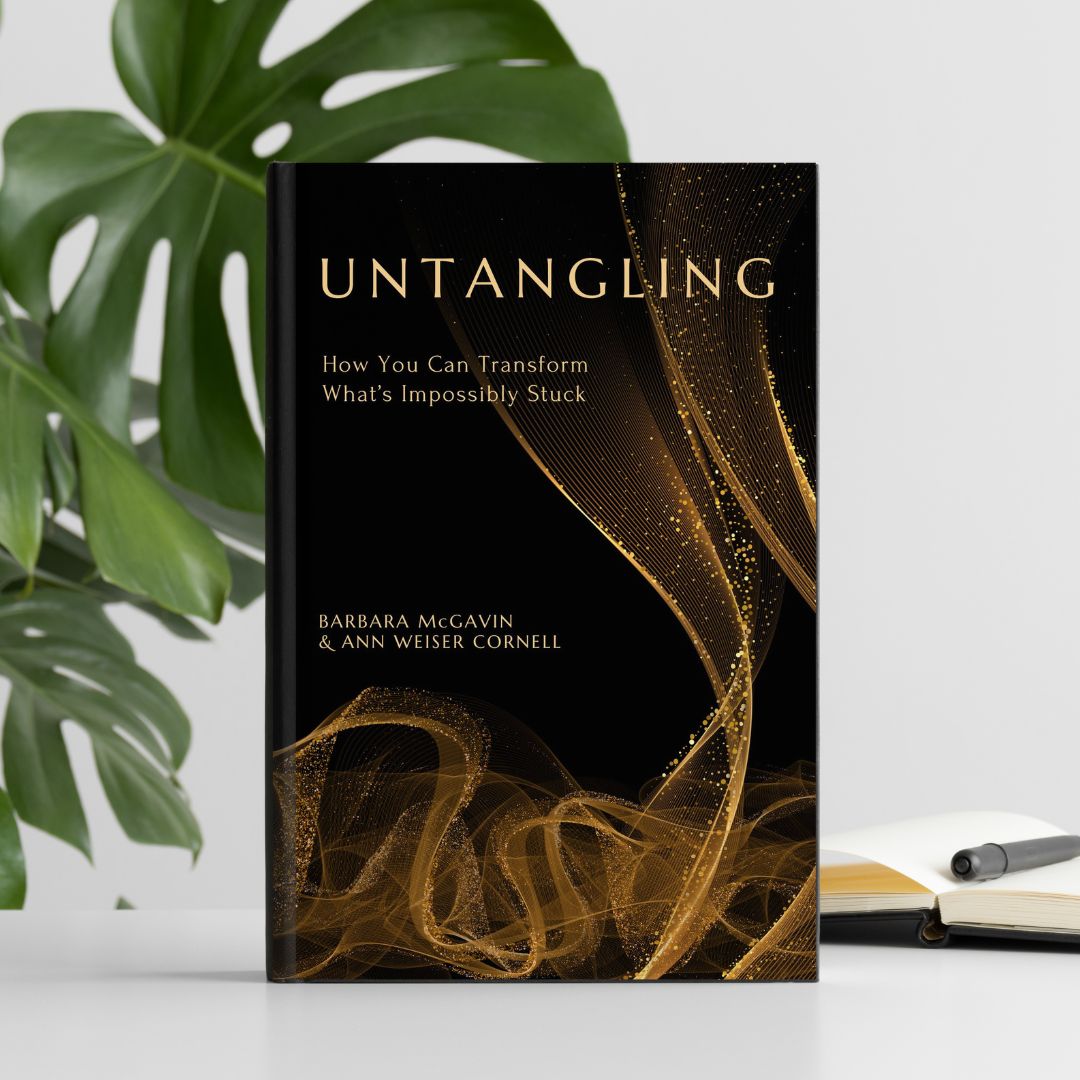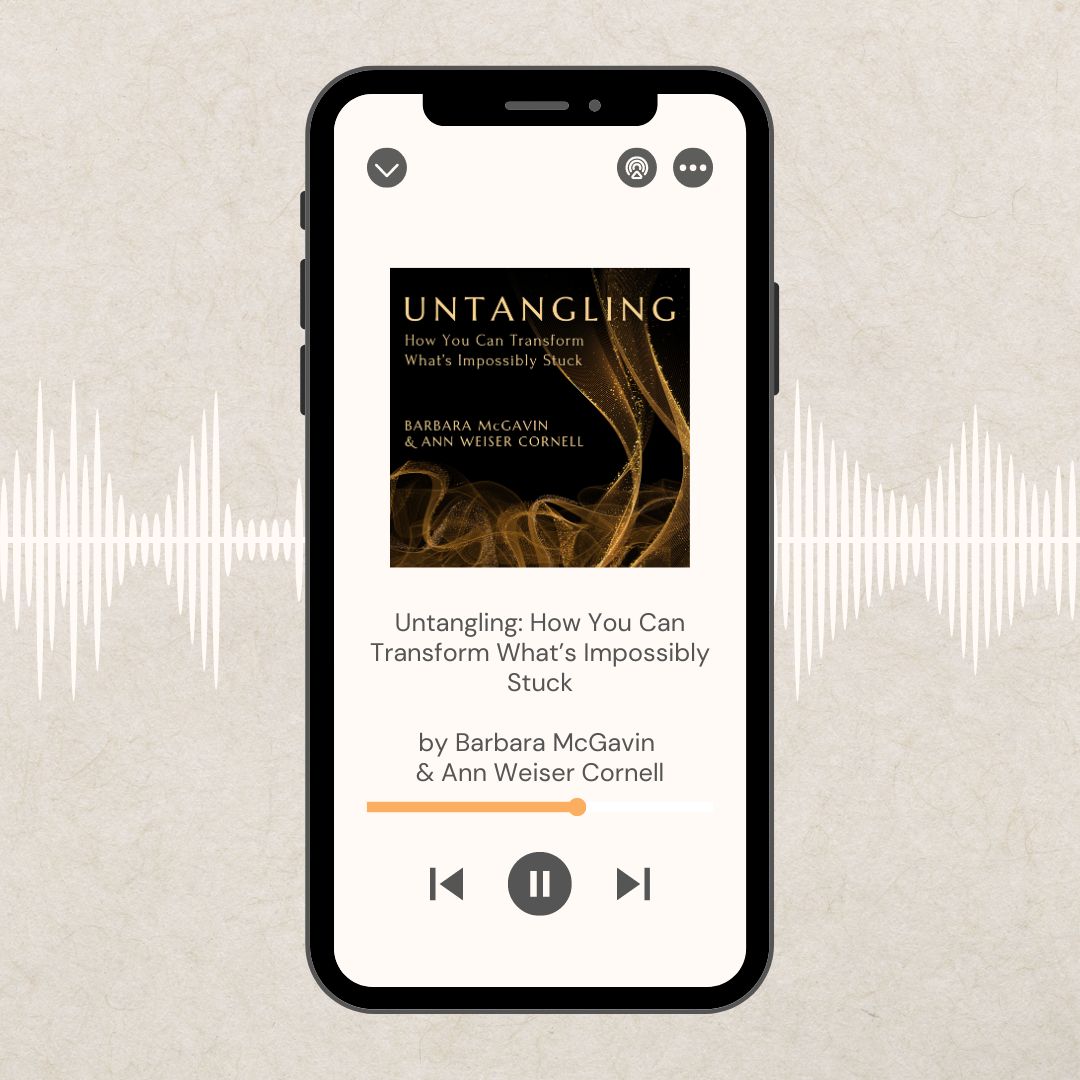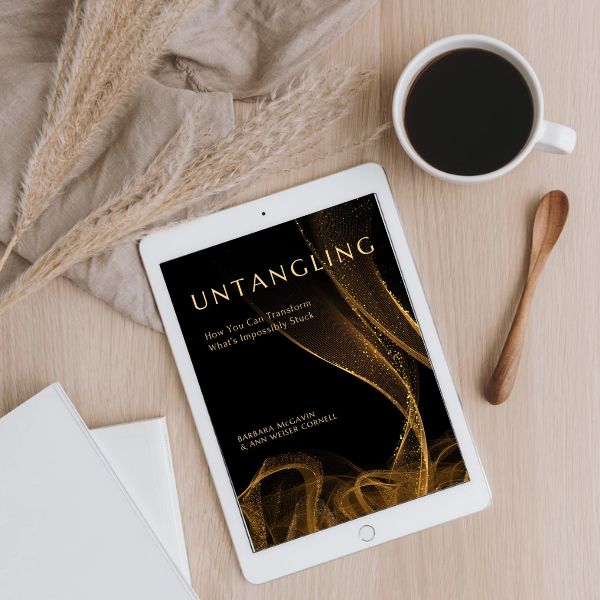Reading A Process Model
– MP3 Audio Course –
with Eugene Gendlin & Ann Weiser Cornell
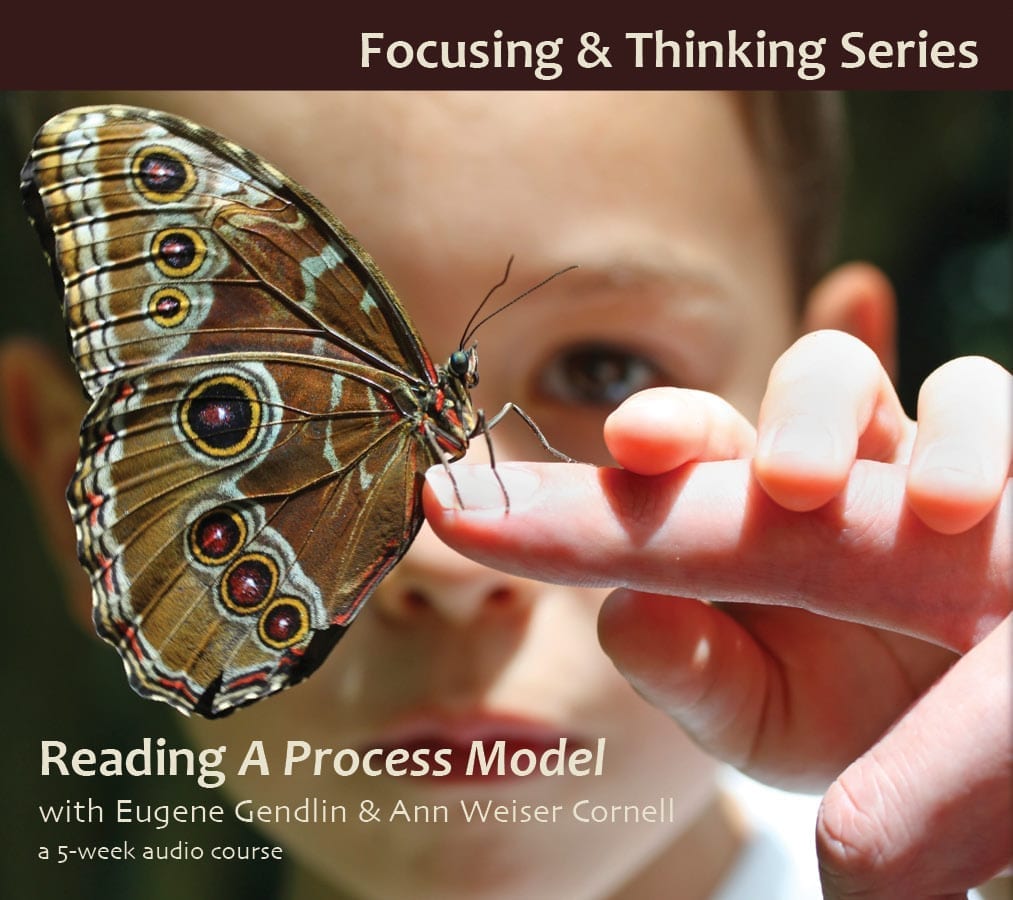
A Process Model is Eugene Gendlin’s great work of philosophy. He created it by applying his “thinking at the edge” process to his own philosophical system. It is about time, space, behavior, feelings, perception, language, and the place of humans in the universe… and that is only the beginning!
A Process Model is notoriously hard to read. The first line is: “Body and environment are one, but of course only in certain respects.” Yet many people study it, in study groups and in partnerships, because once we can penetrate its odd use of concepts and language, it is a truly paradigm-shifting work on a grand scale. Reading A Process Model is not an intellectual experience, but a visceral one. Our whole feeling about what is to be a participatory member of an embedded interactive world can transform into a more hopeful, more integrated experience.
A Process Model is a book that both demonstrates and creates concepts for a whole different kind of thinking, a kind of thinking where there is development and emergence of what was not yet formed into conceptual structure, but at the same time we do not lose the capacity to accurately employ existing conceptual structure. These two ways of thinking are different, and being able to have both, and move between them, gives us much more than either one alone.
Gene Gendlin says: “A Process Model is a new ground, a deeper beginning than the usual internal/external split, which leaves us floating in an unreal space and as mere ‘constructed’ inventions.”
In this five-week course Gene and Ann guided the group in reading and discussing selections from A Process Model. The intention is to support you in reading and thinking from the whole book after the course is over. Included are “Guidelines for Reading Partnerships” to support you in reading with a friend.
Additional Information
What You’ll Learn:
About Digital Downloads
When you purchase the digital download of this audio course, you’ll receive an email after checkout with a link to download the MP3s and the supplemental reading list, which you can then save to your computer.
Total Length: 7 hours 49 minutes
File Size: 523.5 MB
Audio files were recorded during an actual phone seminar and have been edited. Sound quality may vary.
*Please Note: Each purchased digital copy is licensed to one individual for personal use only.
If you have more questions about digital downloads, click here for our digital download FAQs.
About the Focusing & Thinking Series
The Focusing and Thinking Series is a series of phone seminars offered by Gene Gendlin and Ann Weiser Cornell that explore the implications of Gene Gendlin’s Philosophy of the Implicit and the Focusing process to a broad range of topics including relationships, creativity, social change, psychotherapy, dreams, and thinking.
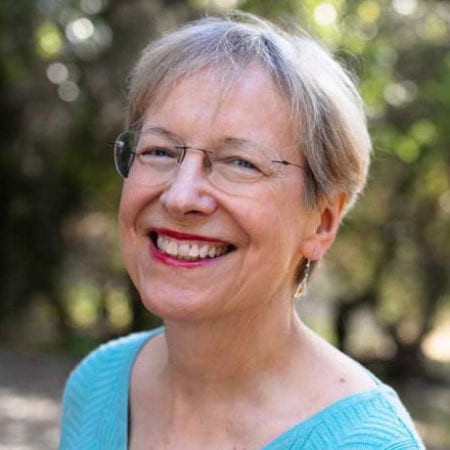
Ann Weiser Cornell was getting her PhD in Linguistics at the University of Chicago when she met and learned Focusing from Eugene Gendlin. In 1980, Gene invited Ann to assist with his Focusing workshops. This started her on a path to become a Focusing teacher, and in 1990, Ann became the first person to support herself full-time as a Focusing teacher. Today, Ann is internationally recognized as one of the leading innovators and theoreticians of Focusing. She is the author of The Power of Focusing, The Radical Acceptance of Everything, Focusing in Clinical Practice: The Essence of Change, and Untangling: How You Can Transform What’s Impossibly Stuck.
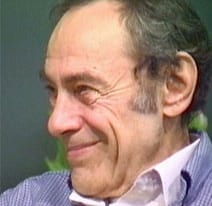
Eugene T. Gendlin was a groundbreaking philosopher and psychotherapist who has been honored 4 times by the American Psychological Association for his development of Experiential Psychotherapy. He received his Ph.D. in philosophy from the University of Chicago and taught there from 1963 to 1995. His book, Focusing, has sold over 500,000 copies and is in 17 languages. His other books include Let Your Body Interpret Your Dreams, Focusing-Oriented Psychotherapy, A Process Model and Experiencing & the Creation of Meaning. He was also a warm brilliant man who lit up a room with the quality of his listening.


